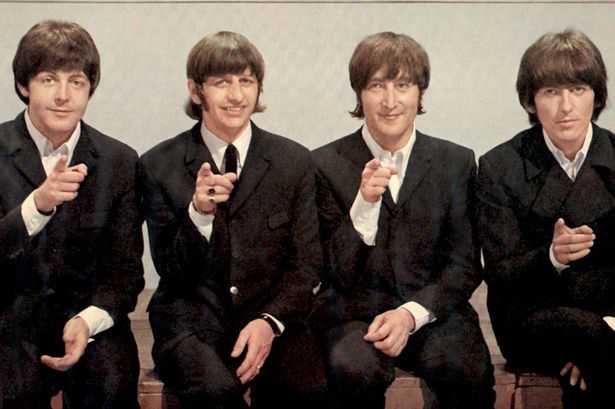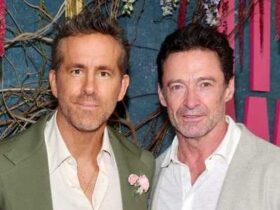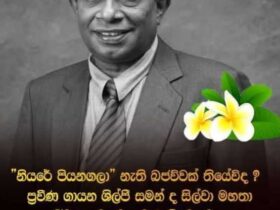John Lennon and Paul McCartney wrote the vast majority of The Beatles’ music, but that doesn’t mean they always liked each other’s songs – and John was particularly brutal about one of Paul’s efforts in particular.
Early on, the duo wrote together in McCartney’s family home, but as time passed and creative differences arose, they mostly crafted songs solo before collaborating on final adjustments.
Discussing their famous partnership, Lennon once reflected: “(Paul) provided a lightness, an optimism, while I would always go for the sadness, the discords, the bluesy notes. There was a period when I thought I didn’t write melodies, that Paul wrote those, and I just wrote straight, shouting rock ‘n’ roll.
“But, of course, when I think of some of my own songs – ‘In My Life,’ or some of the early stuff, ‘This Boy’ – I was writing melody with the best of them.”
Yet Lennon didn’t hold back in expressing his critiques post-Beatles breakup, notably lambasting Sgt Pepper’s Lonely Hearts Club Band from 1967, singling out Let it Be, and dismissing Abbey Road’s finale medley.
He also wasn’t fond of McCartney’s Hello, Goodbye, which came out as a non-album single in November 1967 after manager Brian Epstein’s passing.
McCartney penned a song exploring duality and shared his thoughts: “The answer to everything is simple. It’s a song about everything and nothing… if you have black, you have to have white. That’s the amazing thing about life.”
Lennon openly acknowledged it was McCartney’s brainchild in a 1980 interview, commenting: “That’s another McCartney. Smells a mile away, doesn’t it?”
He also brutally critiqued: “An attempt to write a single. It wasn’t a great piece; the best bit was the end, which we all ad-libbed in the studio, where I played the piano. Like one of my favorite bits on ‘Ticket To Ride,’ where we just threw something in at the end.”
Critic reviews were mixed. Melody Maker said: “Superficially it’s a very ‘ordinary’ Beatles record without cascading sitars, and the involved, weaving hallucinogenic sounds that we’ve grown to love so much. However, all the Beatles soul and feeling is shining through.”
And from NME: “Supremely commercial, and the answer to those who feel The Beatles are going too way out”.
It claimed the UK chart’s pinnacle spot, marking their fourth holiday season chart-topping since the release, hanging on for seven triumphant weeks – their most extended stay at number one since the storming success of 1963’s hit She Loves You.
Cash Box’s critique gushed: “Minimum of words, minimum of melody and practically no subject at all, yet The Beatles have a new side that packs a panchromatic rainbow of sound into the narrow limits that Lennon and McCartney have chosen to work with.”











Leave a Reply